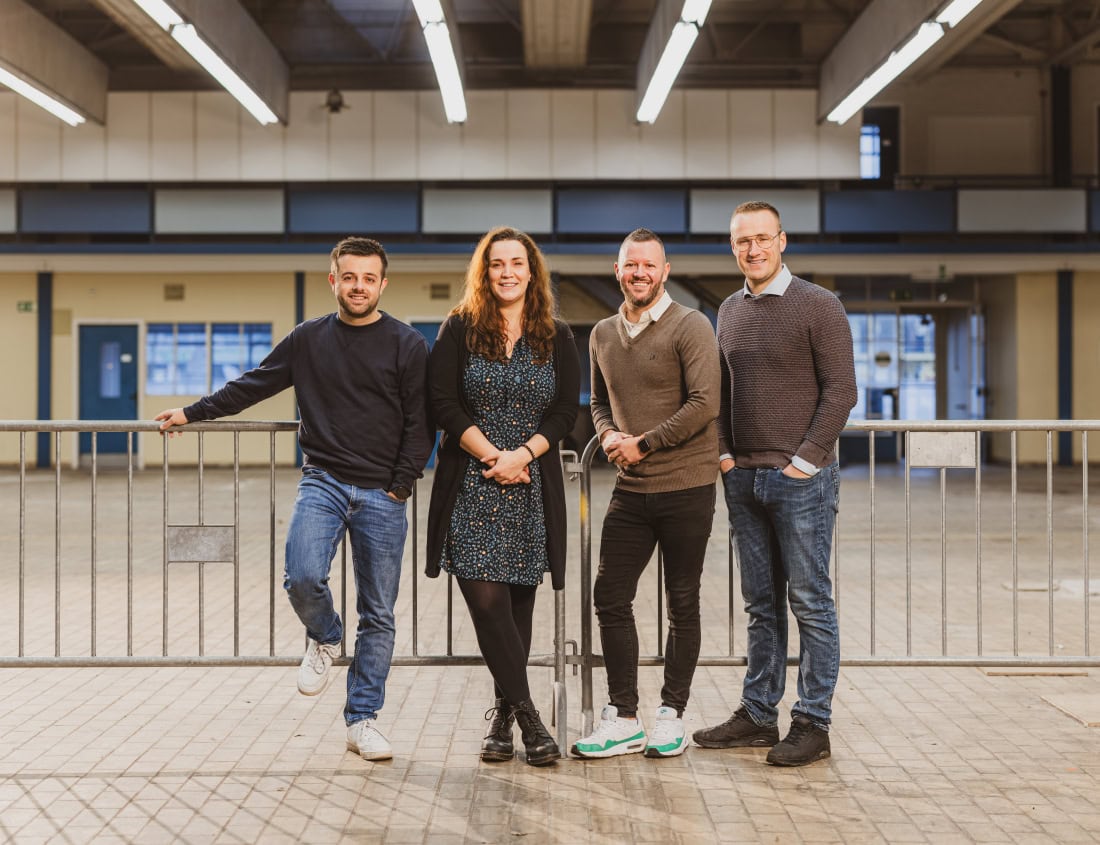If you generate more electricity than you consume at that time, you feed that surplus back to the grid. Thanks to the balancing scheme may you use this returned power offset against your consumption at other times. Your energy bill will be significantly lower as a result.
The net-metering scheme still applies until 1 January 2027. After that, a lot will change for solar panel owners. On this page, we explain what balancing is, what it gives you, and what will change in the coming years.
Until when can you net up?
The current scheme runs until 1 January 2027. Until that date, you can still full offsetting: for every kilowatt-hour you feed back into the grid, you will receive the same amount as you pay for purchased electricity.
From 2027, this scheme will expire. From then on, you will only get a feed-in tariff - A lower fee per kWh for what you feed back to the grid.
How does netting work in practice?
Example:
Do you feed back 2,000 kWh annually and also consume 2,000 kWh from the grid? Then you cancel them out: you pay nothing for electricity consumption. If you feed back more than you consume, you will receive a lower compensation from your energy supplier for the surplus.
Note: that feed-in fee is usually between €0.02 and €0.10 per kWh. This varies per supplier.
What are feed-in charges?
More and more energy suppliers are charging feed-in costs: an additional amount for feeding power back to the grid.
These costs vary from supplier to supplier and can be calculated in different ways:
- A fixed amount per month
- Or an amount per kWh returned
In addition, some suppliers do not discount or offer less favourable contracts for households with solar panels. So it pays to compare energy contracts carefully.
What does the end of balancing mean for you?
After 2027, you will no longer be able to net. You will then only get a feed-in tariff for electricity you do not directly use yourself. That fee is considerably lower than the price you normally pay for electricity. That is why self-consumption increasingly important: power you use directly, you don't have to buy - and that saves on your energy bill.
A smart way to use more of your own power is to use a home battery. This allows you to store excess solar power at times when you generate more than you use, and still use this power later in the day. Think of the evening hours or cloudy moments. This way, you increase your own consumption and get more output from your solar panels.
Are solar panels still worth it?
Yes. Even without a net-metering scheme, solar panels remain an attractive investment. You save on your energy costs, increase the value of your home and use your own green electricity.
Solar panels also contribute to a better energy label and reduce dependence on rising energy prices.
There also remains a financial incentive in the form of the 0% VAT rate and the possibility of increasing your own consumption.
Why choose Shift to Solar?
At Shift to Solar, we make sure you get maximum benefit from your installation - now and in the future. We give you clear advice on:
- What netting means for you
- What will change after 2027
- How to get more out of your own consumption
- Whether a battery makes sense in your situation
We install only quality products and ensure a future-proof system, tailored to your living situation.





 Dutch
Dutch
 English
English